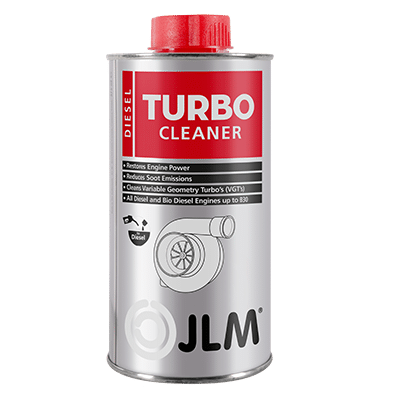Keeping fuel injectors clean is key for engine performance, and reduced fuel consumption and emissions. Fuel injectors play a vital role by precisely delivering diesel or petrol into your vehicle through tiny openings. When these openings become clogged, it significantly impacts the health of your vehicle.
In this guide, we’ll demystify the intricate world of fuel injectors and show you the best ways to clean them yourself using JLM products. Discover why maintaining pristine fuel injectors is not just a routine chore but a vital step towards preserving your engine’s efficiency, power and overall performance.
STEP-BY-STEP GUIDE TO CLEANING FUEL INJECTORS
Fuel injectors can accumulate grime from exhaust gas recirculation (EGR) and the presence of algae thriving in the fuel tank. To help keep this to a minimum, fuel injectors need to be cleaned routinely using products specialised for this task. Regularly using quality injector cleaning additives, such as the JLM range, offers the same benefits as premium products but at a much lower cost.
USING FUEL INJECTOR CLEANING ADDITIVES
It is important that when cleaning your fuel injectors, you only use products that are specifically designed for the task by companies that offer the best on the market. JLM offers a range of professional quality fuel injector cleaning solutions, designed to cleanse, sustain, and shield your valuable injectors from various contaminants within the combustion system.
One of the products best suited for fuel injector cleaning is the JLM Injector Cleaner range. There are two separate products within this range, the Petrol Injector Cleaner and the Diesel Injector Cleaner. Using a dedicated formula for each specific fuel type is much more effective than catch-all formulas for use in either fuel type.
JLM has also created the Emission Reduction Treatment (ERT) range. Similar to the base injector cleaner additive, the ERT range incorporates additional additives that not only clean fuel injectors, but also help to reduce emissions, protect the catalytic converter, and for diesel, assist in DPF regeneration. The ERT range is also separated by fuel type so motorists can purchase either the Petrol Emission Reduction Treatment or the Diesel Emission Reduction Treatment. This product is recommended for routine preventative maintenance, especially pre-MOT.
Finally, JLM also offers the Extreme Clean range, catering for both petrol and diesel vehicles. This is one of our more powerful products with multiple additive ingredients aimed at vehicles that have not been regularly serviced and require a ‘top to tail’ clean of the fuel, injector and exhaust system.
HOW TO USE THE FUEL INJECTOR CLEANING PRODUCTS
With JLM fuel additives, cleaning fuel injectors is an easy and quick job:
Step 1: Purchase the correct additive depending on your engine type, such as JLM GDI Petrol Injector Cleaner.
Step 2: Pour the contents into either the fuel tank and drive normally.
Step 3: Perform fuel injector cleaning every 3000 miles to achieve optimal engine efficiency.
Please note: Every product will have different instructions which can be more specific and require additional steps. It is important to consult the instructions on the bottle of the product you purchase.
USING FUEL INJECTOR CLEANING KITS
You can also use fuel injector cleaning kits to clean your injectors without removal but these can be quite costly and require mechanical knowledge for use. There are many popular kits available that typically consist of a canister for holding the cleaner and a hose for connecting to your vehicle’s fuel injectors.
HOW TO USE THE FUEL INJECTOR CLEANING KIT
Step 1: Fill the canister: Unscrew the lid off the canister and pour fuel injector cleaner into the container.
Step 2: Hang the canister on the underside of the hood: Most kits will come with a hook to do this step, ensuring you have a steady flow of cleaner into your vehicle’s fuel injectors.
Step 3: Screw the hose end onto the vehicle’s fuel rail at the test port: Connect the canister to the fuel rail test port – Identify the fuel rail test port (refer to your owner’s manual) and attach the hose from the fuel injector kit.
Step 4: Turn the fuel pump off: Locate the fuel pump relay and remove it to prevent the fuel pump from running during the cleaning procedure.
Step 5: Connect Air Compressor: Attach an air compressor hose to the canister’s air port.
Step 6: Adjust Pressure: Follow the canister’s instructions to adjust the pressure on the gauge to the correct setting, which is typically around 50 PSI.
Step 7: Start the Car and Wait: Start the car and let it run until the cleaner in the canister completely flows through the fuel rail. This process may take up to 10 minutes.
Please note: Though, after attaching the cleaning kit and removing the fuel pump fuse, the car may be a bit tough to start.
Step 8: Stop the Car: Turn off the car once the canister is empty. Disconnect the air hose from the canister, followed by detaching the canister hose from the fuel rail.
Step 9: Reconnect the Fuel Pump: With the canister empty, reattach the fuel pump relay in the fuse box to prepare for restarting the car.
Step 10: Start the Car: Once the fuel pump relay is back in place, start the car, and you should be up and running again!
Like additive products, the functionality of different cleaning kits may vary. Although these instructions provide a general idea of how these kits operate, it’s essential to thoroughly review the manufacturer’s instructions to ensure you clean your injectors safely and properly.
Whilst both methods will clean your fuel injectors properly, using in-tank additives, such as the JLM Diesel Injector Cleaner, are easier and quicker to use, and often less costly than the cleaning kits.
FAQS ON FUEL INJECTOR CLEANING
ARE MY FUEL INJECTORS CLOGGED?
There are several signs that your fuel injectors are clogged including:
- Poor performance: A decrease in engine performance, such as reduced acceleration or sluggishness, can be a sign of clogged injectors.
- Rough idling: If your vehicle idles roughly or experiences uneven idling, it could be due to fuel injector issues.
- Misfires: Clogged injectors may lead to engine misfires, causing the vehicle to run unevenly or shake.
- Decreased fuel efficiency: Reduced fuel efficiency or a noticeable decrease in gas mileage may indicate fuel injector problems.
- Engine stalling: Clogged injectors can disrupt the proper fuel flow, potentially causing the engine to stall.
Additionally, some vehicles may give you a warning. If the engine control module detects injector-related issues, it may trigger the check engine light on your dashboard.
HOW CAN I PREVENT CLOGGED FUEL INJECTORS?
There are several ways that you can help to prevent clogged fuel injectors:
- Use quality fuel: Ensure you use high-quality fuel to help prevent the buildup of deposits in the fuel system.
- Fuel additives: Routinely using quality fuel additives. These additives can help keep the fuel system clean by removing deposits and preventing new ones from forming. This offers the same benefits as premium products but at a much lower cost.
- Regular maintenance: Follow the manufacturer’s recommended maintenance schedule for your vehicle. Regular maintenance, including fuel system cleaning if recommended, can prevent issues with clogged injectors.
- Drive regularly: Regular driving can help prevent fuel from sitting in the system for extended periods, reducing the risk of deposits and clogs. If your vehicle is often parked for long durations, consider taking it for a short drive occasionally.
- Avoid running on low fuel: Running your vehicle on a low fuel level can increase the risk of sediment and debris from the bottom of the fuel tank entering the fuel system. Try to keep your tank reasonably filled.
- Quality air filter: Ensure your air filter is clean and in good condition. A clogged or dirty air filter can affect the air-fuel mixture, potentially impacting the injectors.
- Regularly replace fuel filters: Follow the recommended schedule for replacing fuel filters. Fuel filters help trap impurities and prevent them from reaching the fuel injectors.
- Drive responsibly: Avoid aggressive driving habits, as rapid acceleration and deceleration can contribute to carbon buildup in the engine and fuel system.
- Keep your engine cool: Overheating can contribute to fuel system issues. Ensure your vehicle’s cooling system is functioning correctly to prevent excessive heat in the engine.
- Professional inspection: Have your car serviced and your fuel system inspected regularly by a qualified mechanic. They can identify and address potential issues before they lead to injector problems.
USE JLM PRODUCTS FOR OPTIMAL RESULTS
As mentioned, it is important to regularly clean your fuel injectors with quality products to keep overall costs low and ensure the health of your vehicle.
At JLM, we offer a variety of products specifically crafted to clean, sustain and shield valuable injectors from diverse pollutants within the combustion system. Whether you drive a petrol or diesel engine, you will find some of the best fuel injector cleaners in our Fuel Injector Cleaning range.

